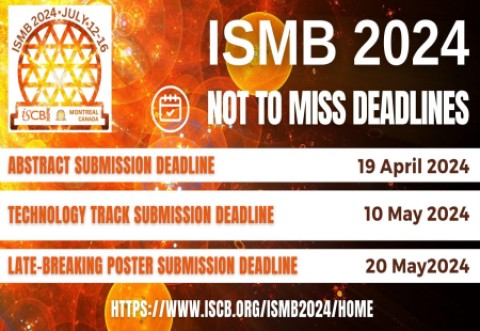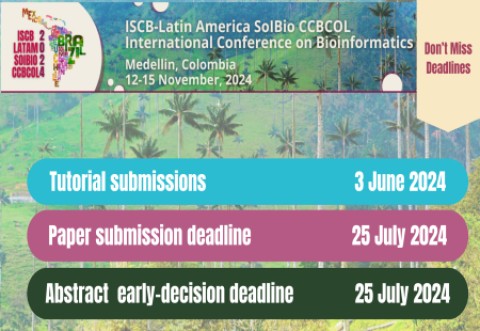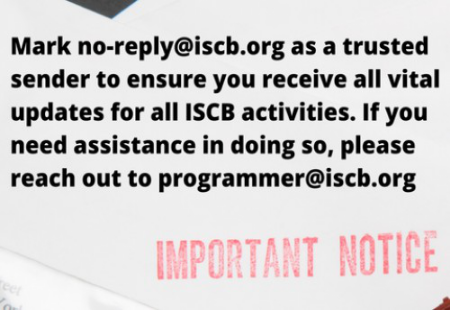
FASEB News - March 31, 2010
Contact: Cody Mooneyhan
This email address is being protected from spambots. You need JavaScript enabled to view it.
301-634-7104
Federation of American Societies for Experimental Biology
Making the Blind See: Gene therapy Restores Vision in Mice
New research in the FASEB Journal shows that nucleic acid nanoparticle platform delivery technology achieves successful gene transfer and reverses affects of retinitis pigmentosa in mice
Take a look at this: Scientists from Buffalo, Cleveland, and Oklahoma City made a huge step toward making the blind see, and they did it by using a form of gene therapy that does not involve the use of modified viruses. In a research report published in the April 2010 print issue of The FASEB Journal (www.fasebj.org), scientists describe how they used a non-viral, synthetic nanoparticle carrier to improve and save the sight of mice with retinitis pigmentosa, an inherited disease characterized by progressive vision loss and eventual blindness.
"We hope the results of our study will be instrumental in generating a cure for the debilitating blindness associated with retinitis pigmentosa and other inherited and acquired retinal diseases," said Muna I. Naash, Ph.D., a researcher involved in the work from the Department of Cell Biology at the University of Oklahoma Health Sciences Center in Oklahoma City. "Compacted DNA nanoparticles are an exciting treatment strategy for these diseases and we look forward to exciting new developments."
To make this discovery, Naash and colleagues used groups of mice with the retinal degeneration slow (Rds) gene, which causes retinitis pigmentosa. The mice received one of three types of "treatments:" nanoparticles containing the normal copy of the Rds gene, the normal gene alone, or saline solution. After these treatments were delivered to the mice, the structure and function of the retina were analyzed by comparing them to untreated mice with retinitis pigmentosa and healthy mice with the normal Rds gene. Researchers also measured the level and pattern of Rds gene expression, as well as functional, structural and biochemical improvements in disease symptoms. They discovered that mice receiving the nanoparticle gene therapy show significant signs of healing. These mice had structural improvement in their retinas, as well as functional vision improvements, which lasted throughout the duration of the study. The mice that received the gene alone or saline continued to lose their vision. The nanoparticles were safe and well-tolerated with no adverse effects.
"Making the blind see was once called a miracle," said Gerald Weissmann, M.D., Editor-in-Chief of The FASEB Journal. "As we have expanded our understanding of evolution, genetics, and nanotechnology, chances are that "miraculous" cures will become as commonplace as those claimed by faith-healers past and present."
According to the National Institutes of Health Office of Rare Diseases Research, retinitis pigmentosa is a group of inherited eye diseases that affect the retina. Retinitis pigmentosa causes cells in the retina to die prematurely, eventually leading to vision loss. There is no cure.
###
Receive monthly highlights from The FASEB Journal by e-mail. Sign up at www.faseb.org/fjupdate.aspx. The FASEB Journal (www.fasebj.org) is published by the Federation of the American Societies for Experimental Biology (FASEB). The journal has been recognized by the Special Libraries Association as one of the top 100 most influential biomedical journals of the past century and is the most cited biology journal worldwide according to the Institute for Scientific Information.
FASEB comprises 23 societies with more than 90,000 members, making it the largest coalition of biomedical research associations in the United States. FASEB enhances the ability of scientists and engineers to improve—through their research—the health, well-being and productivity of all people. FASEB's mission is to advance health and welfare by promoting progress and education in biological and biomedical sciences through service to our member societies and collaborative advocacy.
Details: Xue Cai, Shannon M. Conley, Zack Nash, Steven J. Fliesler, Mark J. Cooper, and Muna I. Naash. Gene delivery to mitotic and postmitotic photoreceptors via compacted DNA nanoparticles results in improved phenotype in a mouse model of retinitis pigmentosa. FASEB J. 2010 24: 1178-1191. DOI: 10.1096/fj.09-139147; www.fasebj.org/cgi/content/abstract/24/4/1178






























